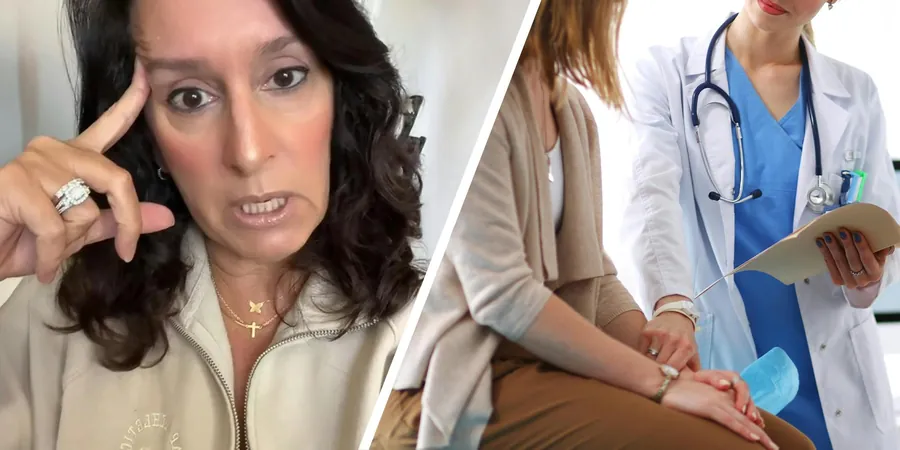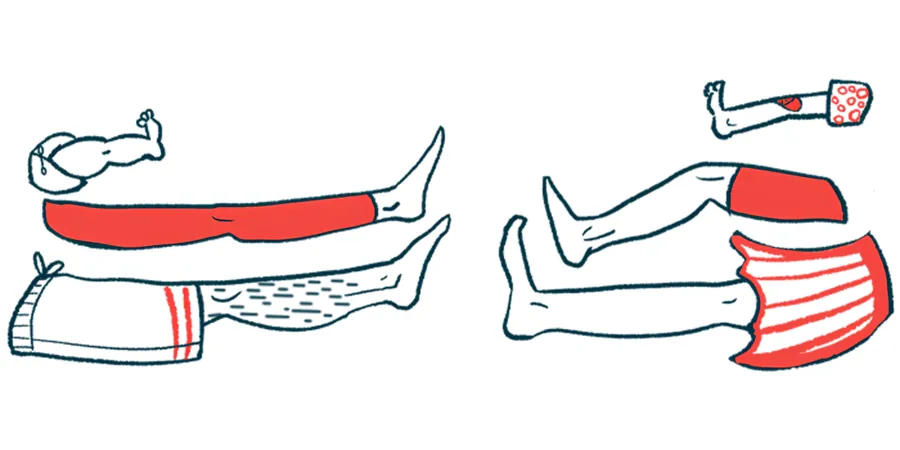
The Dangerous Misinformation Surrounding Mammograms and Cancer Screenings: What You Need to Know!
2024-12-07
Author: Kai
Introduction
In a shocking social media trend, a nurse named Michele (@truthrn_michele) has amassed over 360,000 views with her claims against common cancer screening procedures such as mammograms and colonoscopies. However, her assertions lack scientific backing and pose a risk by spreading unverified information to the public.
Rising Cancer Cases Among Younger Adults
A concerning trend has emerged where younger adults are increasingly diagnosed with cancer. According to a study, cancer cases in individuals under 50 are rising by 1 to 2% annually, with projections suggesting a staggering 30% increase in early-onset cancer cases between 2019 and 2030, as reported by UChicago Medicine. This rise is attributed to various lifestyle and environmental factors, making it crucial for populations to be proactive about cancer screenings.
Misinformation About Screenings
Despite the importance of screenings in identifying cancers at manageable stages, Michele advises against them. She suggests that palpating a mass could lead to complications and even metastasization, claiming that mammograms could spread cancer due to compression and radiation. This misinformation is particularly alarming given that medical experts widely affirm the safety and efficacy of these screenings.
Clarifications from Medical Authorities
The National Breast Cancer Foundation and Charlotte Radiology clarify that the compression involved in mammograms is a vital process to produce high-quality X-rays and does not contribute to cancer spread. The National Cancer Institute emphasizes the overwhelming benefits of early detection, underscoring that the risks associated with mammograms are minimal compared to the potential for lifesaving intervention.
The Role of Advanced Medical Practices
Contrary to Michele’s assertions, advanced medical practices like mammograms and colonoscopies are essential in detecting cancer early. While some argue for alternative methods such as thermography, it’s crucial to note that these do not serve as effective substitutes for traditional cancer screenings. Recent studies show that thermography does not detect cancer with the same reliability as mammograms.
Expert Opinions and Community Voices
Medical professionals are voicing their concerns over the spread of this misinformation, with several experts on social media countersaying Michele's claims. The conversation around cancer screening is becoming increasingly polarized, with some shared testimonials claiming they've abandoned these procedures due to fear or misinformation.
Importance of Evidence-Based Decisions
It’s critical for individuals—especially those in younger demographics—to consult healthcare professionals and rely on evidence-based information regarding cancer screenings. No one should navigate their health decisions based on viral social media posts devoid of scientific support.
Conclusion
In conclusion, while advocating for personal health decisions is important, it must be underpinned by accurate knowledge and expert guidance. Ignoring recommended screenings can lead to severe outcomes, underscoring the imperative for informed discussions on health interventions aimed at combating the rising rates of cancer.


 Brasil (PT)
Brasil (PT)
 Canada (EN)
Canada (EN)
 Chile (ES)
Chile (ES)
 España (ES)
España (ES)
 France (FR)
France (FR)
 Hong Kong (EN)
Hong Kong (EN)
 Italia (IT)
Italia (IT)
 日本 (JA)
日本 (JA)
 Magyarország (HU)
Magyarország (HU)
 Norge (NO)
Norge (NO)
 Polska (PL)
Polska (PL)
 Schweiz (DE)
Schweiz (DE)
 Singapore (EN)
Singapore (EN)
 Sverige (SV)
Sverige (SV)
 Suomi (FI)
Suomi (FI)
 Türkiye (TR)
Türkiye (TR)